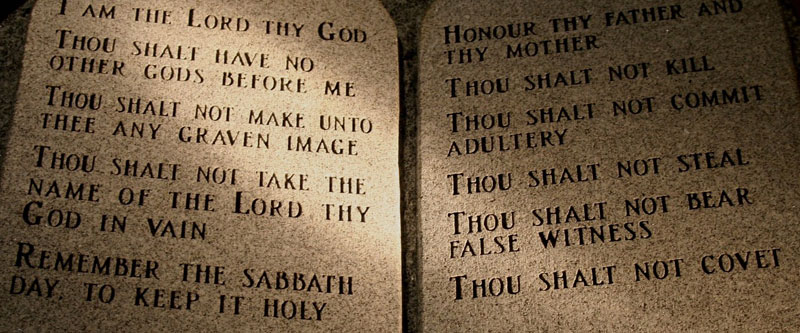“But we ought always to give thanks to God for you, brothers beloved by the Lord, because God chose you as the firstfruits to be saved, through sanctification by the Spirit and belief in the truth.” (2 Thessalonians 2:13, ESV)
One of the difficulties with having theological discussions is definitions. For example, justification means two very different things depending on if you are speaking with a Roman Catholic or a Protestant. The same is true, albeit in a less formalized way, about the word “gospel.” In Scripture the word is used as a place-holder, to summarize all the teaching of Christ. Today’s meaning for the word is often a truncation, or a partial meaning of the good news of salvation. In many cases, the word is used to describe justification, that part of salvation where the sinner is legally declared righteous before the Lord, and the guilt of his sin against God is removed because Christ has satisfied divine justice in his place. Certainly that is good news, but that is not the totality of the gospel. It is part of the story of salvation, but it is not the whole.
Salvation is applied to the believer through a process. This process is all in the hands of God, and he directs the redemption of a lost soul in such a way that it is perfectly accomplished in him. In theology, this process is called the Ordo Salutis, Latin (I’m told) for the Order of Salvation. This logical order of how God coverts a soul, protects the gospel from abridgement and mutation.
Louis Berkhof, in his systematic theology, describes the reformed view of the order of salvation as beginning with regeneration, followed by conversion (including faith and repentance as sub-headings), which leads to justification, adoption, and sanctification. The order is concluded by considering God’s preservation of his saints, and his glorifying them. These theological categories give a much richer understanding of the relationship between God and his people and the way in which he reconciles them to himself. However, these categories are not all neatly found in just one verse. They are found in the breadth of Scripture.
So, thinking through these different parts of God’s work of redemption in his people, what does regeneration add to the definition of the gospel? Regeneration describes the awakening of a dead human spirit. Ezekiel describes regeneration as he speaks of the return of Israel out of exile: “And I will give you a new heart, and a hew spirit I will put within you. And I will remove the heart of stone from your flesh and give you a heart of flesh.” (Ezek. 36:26). A stone heart has no life in it, but God makes the heart of his people alive. This truth defines the helplessness of man and heightens the sense of his dependence on God for salvation. This truth is not intended to run man down, or simply to make him think ill of himself. Rather it is intended to help him to think with greater joy about God who saved a wretch like him.
The electing work of God is seen as a reason for great gratitude in the verse at the top of this article. There Paul states that the electing, or “chosing” work of God in salvation is cause for constant thankfulness. It is like the man who is being swept way in the rapids, but who is snatched out of it by rescuers on the shore. He will be more grateful to those who saved him than a person who is able to swim to the side and only requires a hand up. Man’s dependence on God for his salvation sets the stage for how he views the rest. With God’s work of regenerating, or making alive, the human heart we begin our understanding of the gospel by giving praise to him.







